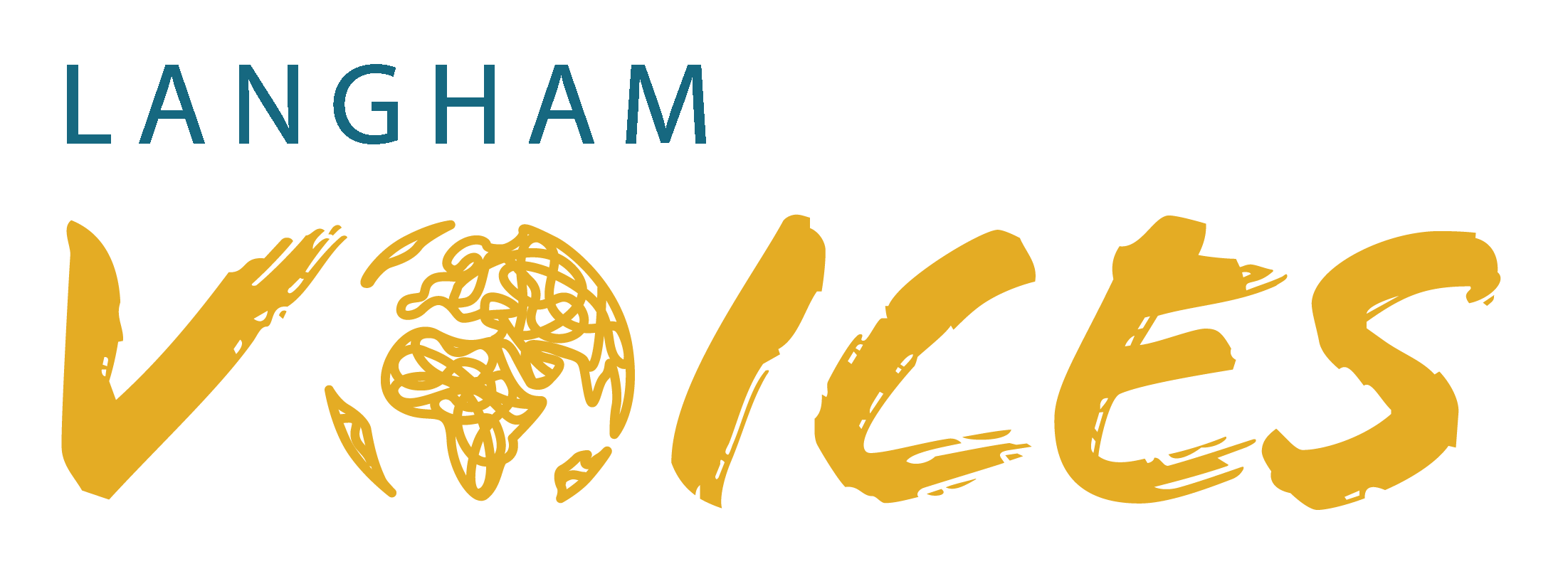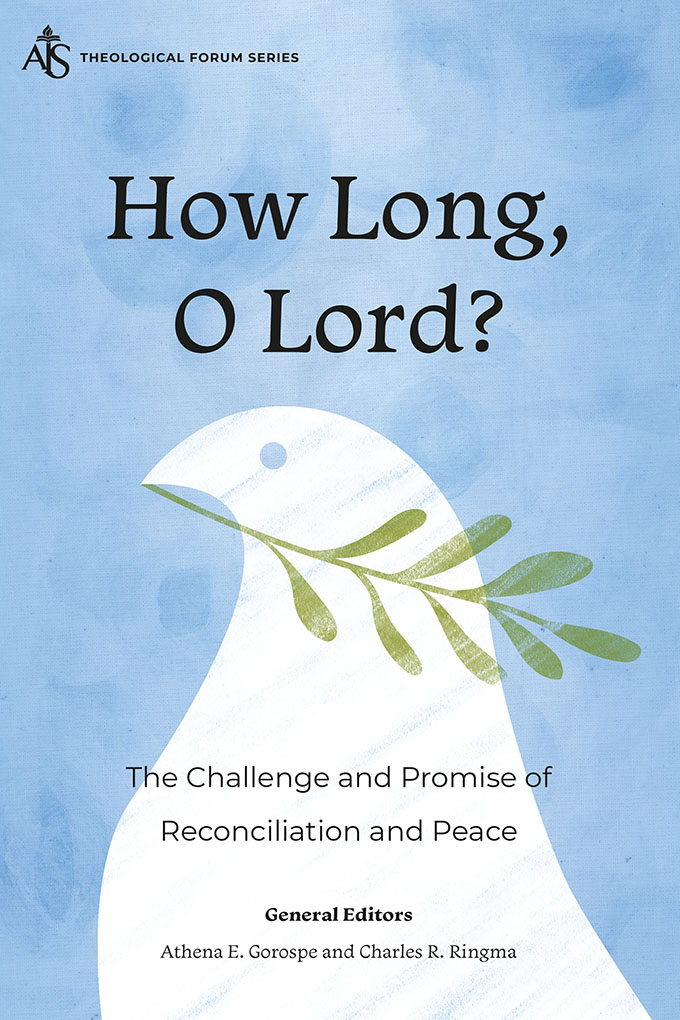Ready for Reconciliation: Three Observations in Genesis 32
By Takamitsu Muraoka
An excerpt from How Long, O Lord?: The Challenge and Promise of Reconciliation and Peace, edited by Athena Gorospe & Charles Ringma (Langham Global Library, 2019).
Reconciliation lies at the core of the Christian biblical message. Genesis 32 contains a story of a reconciliation in progress. What can we learn from this Scripture about reconciliation?
- Humility on the part of perpetrators and wrongdoers is an absolutely necessary precondition for reconciliation.
We see here the humility of Jacob. More than once, he calls his brother, “my lord, my master,” instead of “you,” and he calls himself, “your servant,” instead of, “I,” “my,” or “me.” This is a remarkable stance on the part of Jacob. When he was still in his mother’s womb, she was told by God, “the elder boy will serve his junior” (Gen 25:23), and Esau, the senior, was told by his father, “You shall serve your younger brother” (Gen 27:40). Jacob’s humility is displayed not only towards his brother, but also towards God, when he confesses, “I am unworthy of all the kindness and faithfulness you have shown your servant. I had only one staff when I crossed this Jordan, but now I have become two companies” (32:10).
This humility is a spiritual price that Jacob had to pay before he could settle back in the land to which he yearned to return for so long, the land where he could build up his family with peace of mind, free from the fear of retaliation by his aggrieved elder brother.
- Reconciliation sometimes entails a material price.
In the case of Jacob, the price tag is pretty stiff: an assortment of livestock totaling 550 heads (32:14–15). By the end of 2005, Germany had paid out a staggering amount of €63,224 billion ($74.2 billion) as compensation for Nazi crimes. I expect the country is still paying surviving victims. The payment is financed from taxes paid by all German citizens, who must have reckoned that peace and harmony with their neighboring nations and moral integrity in relation to the Jewish nation are worth the ongoing financial cost.
Our sense of guilt and remorse can be effectively communicated to the aggrieved party not only through our words, or what we say by way of apology, but also in material ways, through our deeds.
- A sense of guilt and remorse on the part of the perpetrator is another necessary precondition for reconciliation.
When it is getting light and Jacob’s opponent begs to be released, Jacob insists that he will not let his opponent go unless he blesses him (32:26). Then the anonymous opponent asks, “What’s your name?” (32:27). This seems to be a very simple and obvious question, since the opponent surely knows with whom he has been wrestling all night. He knows that Jacob asked God to rescue him from Esau and that he is fearful of his elder brother (32:11). The opponent also knows that Jacob is very desirous of reconciliation and peace with Esau (32:20). By putting this seemingly obvious question to Jacob, the opponent is trying to make Jacob see why he had to spend twenty long years away from home, away from his doting mother, and why he finds himself still cornered, fearful of his only brother. The opponent is reminding Jacob, “Jacob, O yes, that is the answer you should have given when your father asked you, ‘What’s your name, my son?’ But you lied and said: ‘I am Esau, your firstborn’” (Gen 27:19).
On hearing Jacob’s honest answer, without excuses, the opponent blesses him straightaway and then renames him “Israel” (32:28). His response may be paraphrased, “Through your humility, honesty, and moral integrity, you have come out a winner, you have won peace with the God of justice, and you are on the way to achieving reconciliation with your brother.”
‘“What’s Your Name?”: Biblical Perspectives on Memory and Reconciliation by Takamitsu Muraoka’, in How Long O Lord?: The Challenge and Promise of Reconciliation and Peace, edited by Athena Gorospe & Charles Ringma (Langham Global Library, 2019). Used with permission.
Takamitsu Muraoka (Author) was born in Hiroshima in 1938. He has a BA in English, an MA in linguistics from Tokyo Kyoiku University, and a PhD in Hebrew from The Hebrew University in Jerusalem. He was Professor of Hebrew at the Leiden University, The Netherlands, for more than ten years before retirement. Previously, he was Lecturer in Semitic Languages at Manchester University, UK, and Professor in Middle Eastern Studies, Melbourne University, Australia. In 2017, he was awarded the British Academy’s Burkitt Medal for Hebrew Bible studies, in recognition of his outstanding contribution to the study of Hebrew grammar and syntax and the Septuagint.
Athena E. Gorospe (Editor) holds a PhD in Theology (Old Testament) from Fuller Theological Seminary, USA and is Associate Professor at Asian Theological Seminary in the Philippines where she teaches in the areas of Old Testament, Hebrew language, and Theology. As an Asian scholar-activist, her research interests lie in the area of Scripture’s interface with philosophy, culture, and social transformation. Athena is also a Langham Scholar.
Charles R. Ringma (Editor) is Emeritus Professor at Regent College, Canada, an Honorary Research Associate Professor at University of Queensland, Australia, and Adjunct Faculty at Asian Theological Seminary, Philippines.

